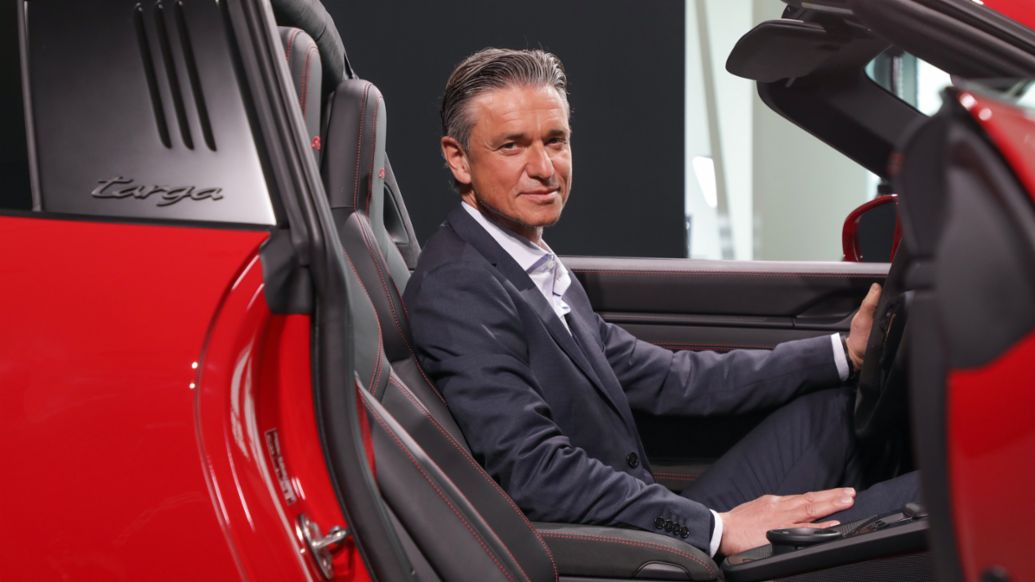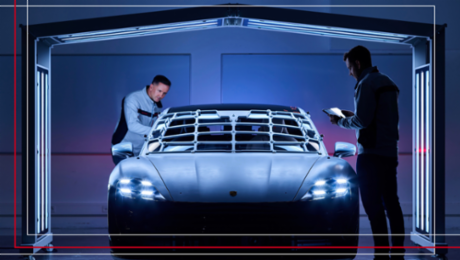The startups' focus will revolve around Porsche's core activities. For example, these could involve predictive maintenance, supply chain transparency or digital retail. Porsche is investing a sum in the double-digit millions for this purpose. The startups will be minority owned by Porsche, with the option to purchase them entirely after three years. Development is already underway for the first two startups, to be founded before the end of 2022.
Strengthen the existing startup ecosystem
"We want to strengthen our existing, broad-based startup ecosystem with an external growth engine,” says Lutz Meschke, Deputy Chairman of the Executive Board of Porsche AG and Member of the Executive Board for Finance and IT. “Through UP.Labs, Porsche secures access to international talents and their know-how. The aim is to further enhance Porsche’s position in the current transformation phase of the automotive industry in the long term. Above all, we strive for new sources of innovation." Porsche has been active since 2016 in identifying and taking stakes in around 40 startups with new business models and new technologies.

What sets this new collaboration apart is that UP.Labs will work directly with Porsche to develop startups tailored to the Porsche business. Porsche then has the option to integrate them into the organisation. "The concept combines the advantages of free startup development on the market – for example, through the participation of all employees in the company's success – with the direct involvement of our employees and a close link to Porsche," explains Lutz Meschke.
New type of venturing platform
Los Angeles-based UP.Labs has designed a new type of venturing platform. This is underpinned by what co-founder and CEO John Kuolt describes as "a new model and incentives structure for capturing all of the agility and innovation of startups alongside the scale and resources of an enterprise." The US team consists of proven entrepreneurs, product leaders and technologists with a record of co-developing numerous successful ventures in collaboration with corporate partners. As of their official launch on June 7th, the UP.Labs team is now pursuing this concept with Porsche as the first integral partner. UP.Labs is being launched as part of a consortium of companies alongside UP.Partners, all focused on accelerating the future of mobility. The recently announced UP.Partners ecosystem includes a $250 million Venture Capital Fund I that will invest in the companies launched by UP.Labs.
"As one of the pioneers of sustainable mobility, Porsche is actively searching for new solutions with courage and drive," emphasises CFO Lutz Meschke. "UP.Labs' approach combines Porsche's capabilities with external market incentives to build exciting business models for the benefit of the company."



